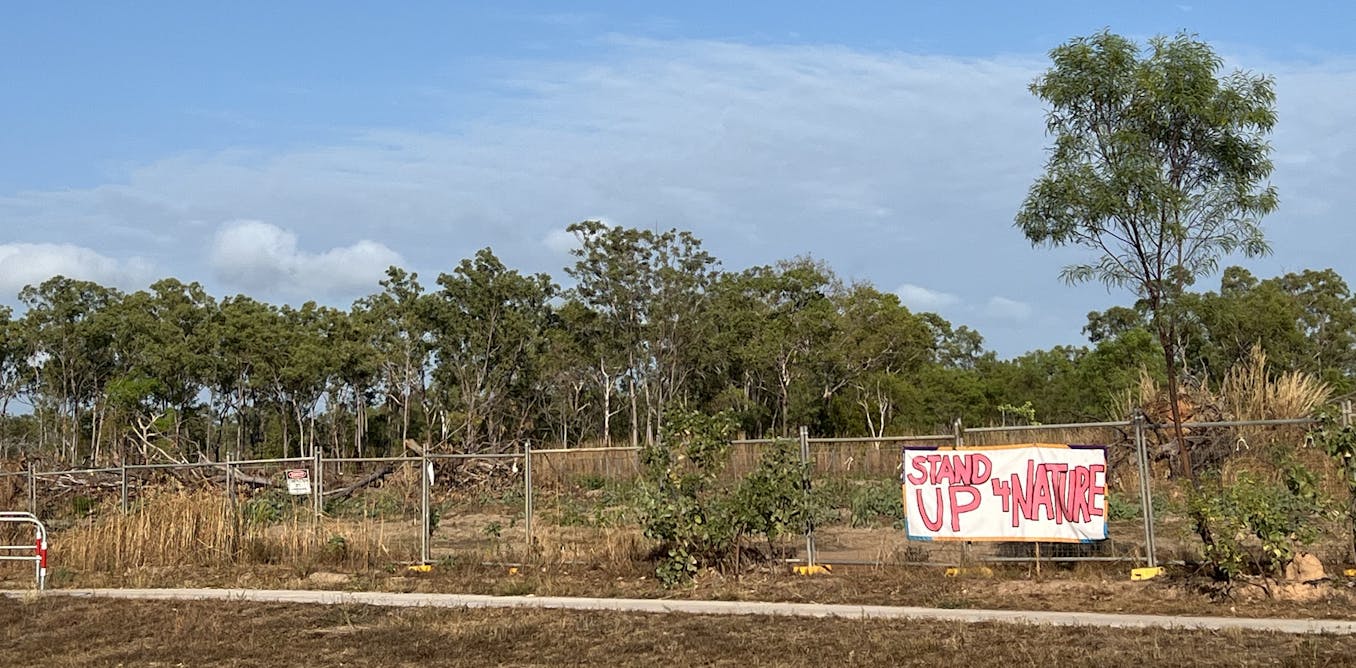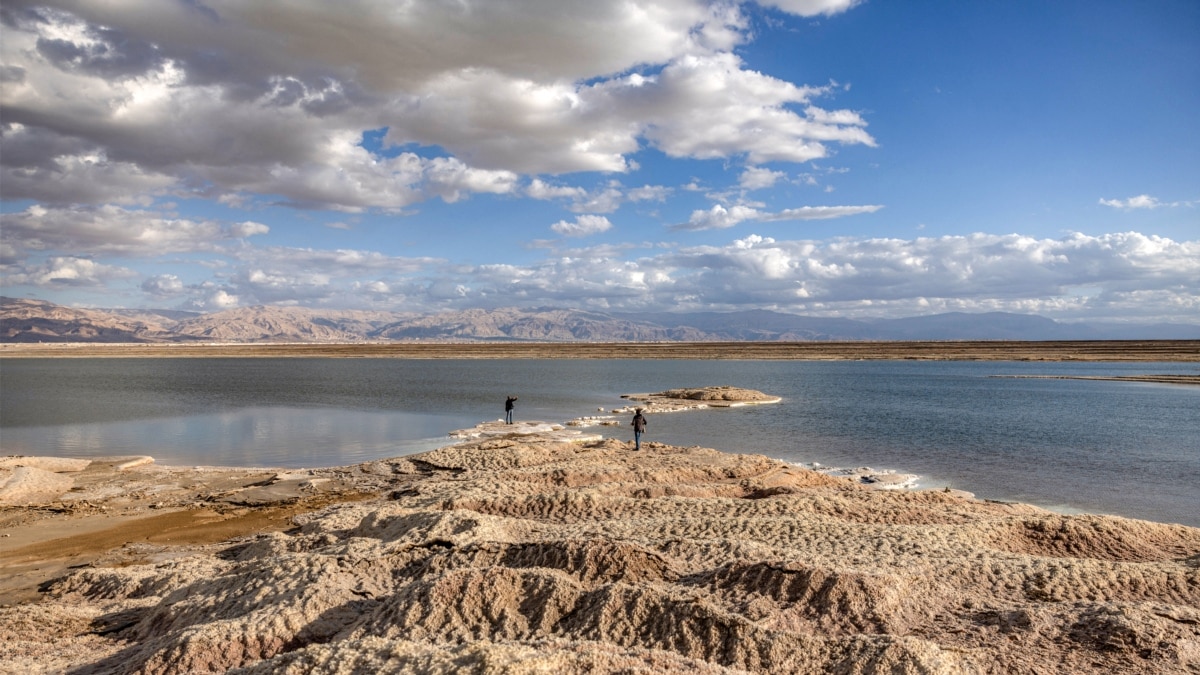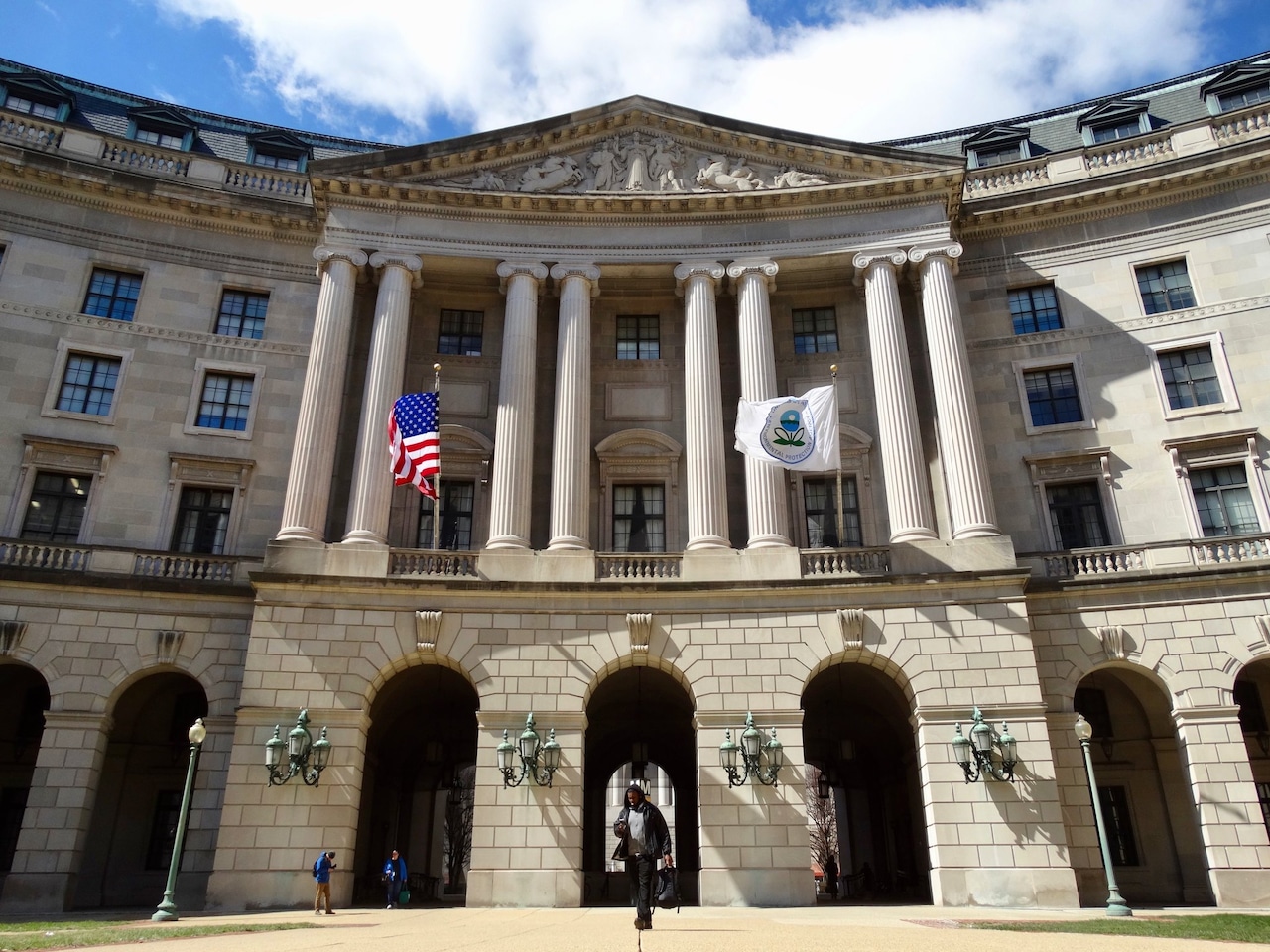
Green Battle Brewing: How Labor's Environmental U-Turn Could Spark 2025's Hottest Political Showdown
As the current federal government's term draws to a close, environmental advocates find themselves disappointed by the lack of meaningful progress in environmental law reform. The once-promising hopes for a transformative "nature positive" approach have gradually faded, leaving many to wonder about the potential landscape of environmental legislation in the next political term. The setback represents more than just a legislative disappointment; it signals a critical missed opportunity to address pressing environmental challenges. Stakeholders across environmental, scientific, and policy circles had anticipated significant reforms that could have positioned Australia at the forefront of ecological protection and sustainable development. Looking ahead, the focus now shifts to the upcoming election and the potential for renewed momentum in environmental policy. Experts and activists are already strategizing how to reignite the conversation and push for comprehensive legal frameworks that can effectively protect and restore natural ecosystems. While the current term may have fallen short of expectations, the urgency of environmental protection remains undiminished. The next political cycle presents a crucial window for reimagining and implementing robust nature-positive strategies that can address the complex environmental challenges facing the nation.









